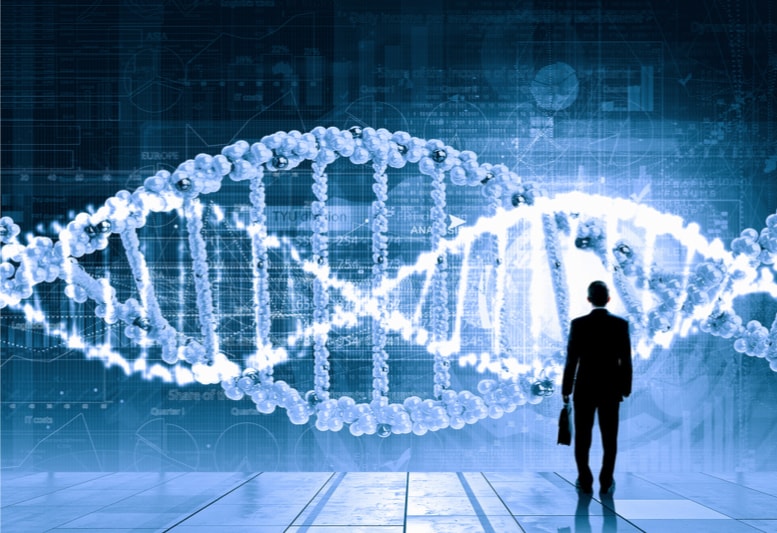23andMe launched a DNA testing service in 2007. Since then, more than 5 million people have used the genomics service to find out about their biological inheritance.
With every application, 23andMe receives information about its customer regarding behavior, health, and genetics. Not to mention a small service fee too. So much customer information (especially in today’s landscape) can prove very valuable and as 80% of customers consent to their data being used for research, that’s a lot of value.
23andMe and GSK
Perhaps unsurprising, it was announced last week that one of the world’s biggest pharmaceuticals companies—GlaxoSmithKline (GSK) (LON:GSK)—has gained exclusive rights to use 23andMe’s customer data for drug targets.
The pharma giant invested $300 million for a four-year collaboration deal. The idea behind the deal is to tap genetic data to discover new drug targets and better select patients for clinical studies.
It is implementing a new strategy that is spearheaded by Hal Barron, a former executive at the biotech firm Genentech, and this will focus on research and development of innovative new medicines and potential cures, using human genetics as the basis for discovery.
>> Epic Games Announces That Fortnite Is Now Available on Android Devices
The collaboration will combine “23andMe’s large-scale genetic resources and advanced data science skills, with the scientific and medical knowledge and commercialization expertise of GSK.”
Untrusting
But some customers simply don’t trust the deal. In a climate still reeling from data-scandals such as Facebook’s, one can’t help but wonder if this is another way for a massive global super-brand to make more profit from unknowing customers’ ‘private’ details.
Ignorance of what a customer is actually signing away when looking to avail of a simple genetic test is a problem.
It’s all well and good that we know now, but there are 5 million genes that were probably not expecting to become a part of GSK’s next marketing plan.
Featured Image: Deposit Photos/SergeyNivens










